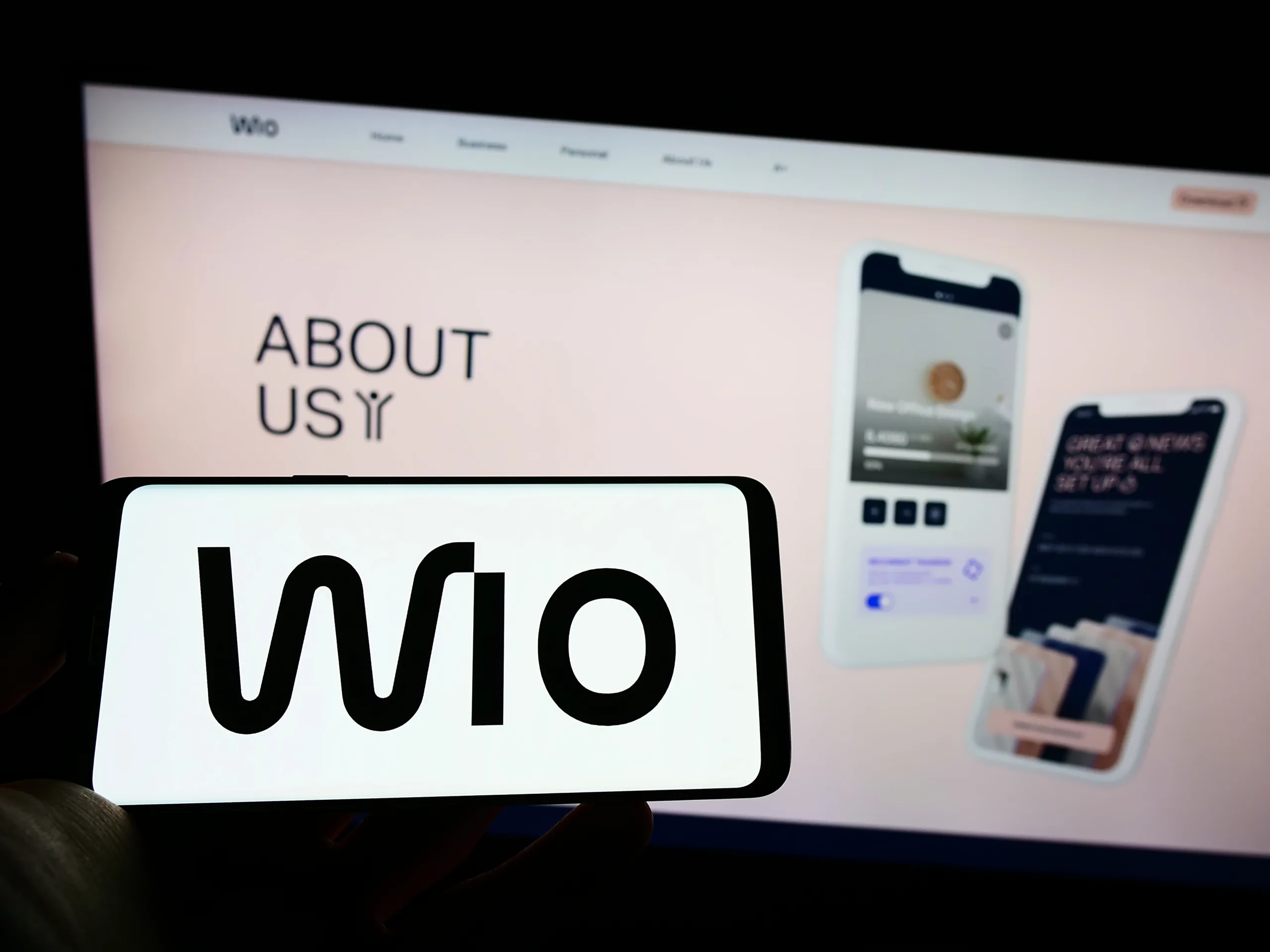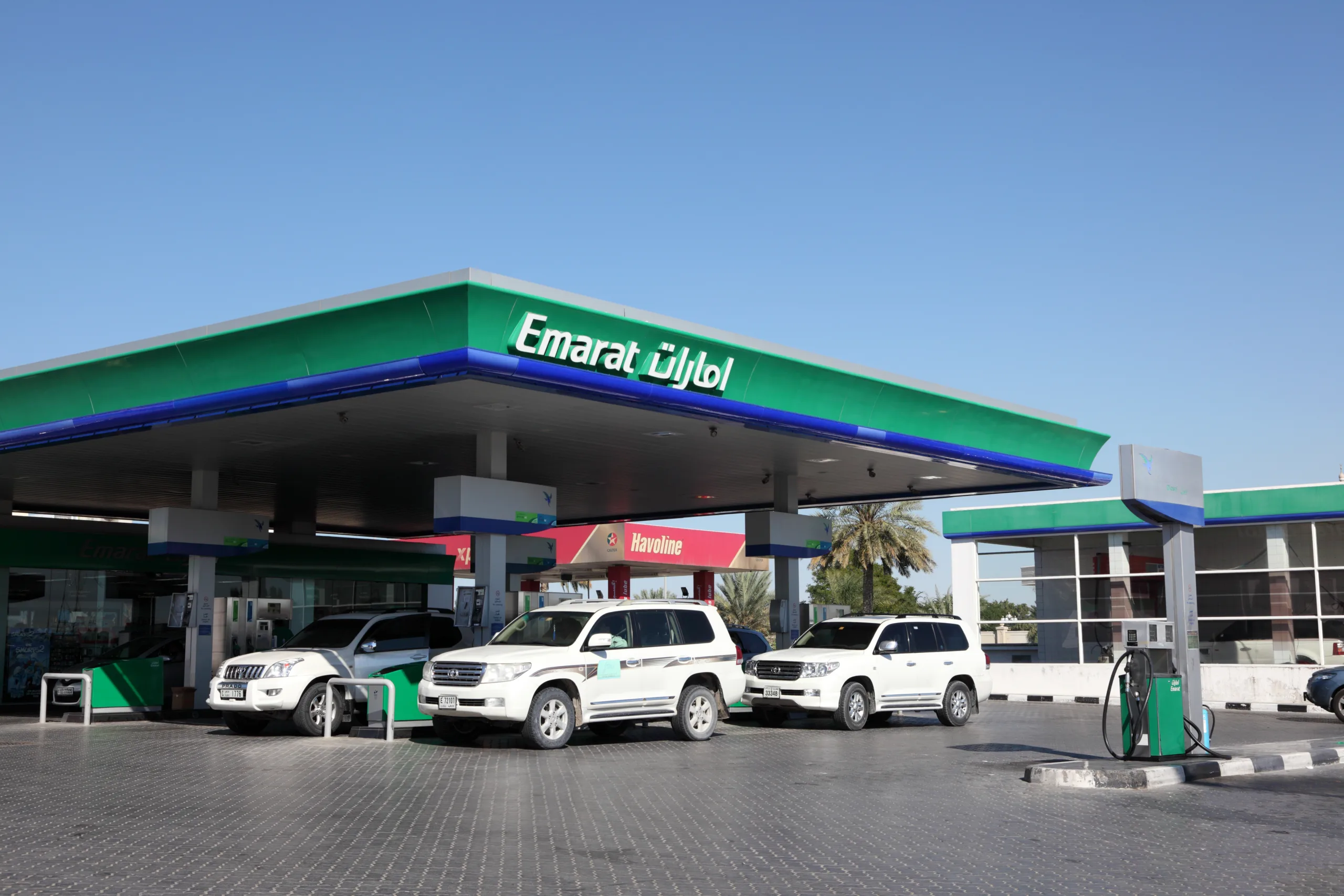UAE digital lender Wio Bank said its total customer deposits have exceeded AED 50 billion ($13.6 billion), reaching the milestone in less than three years since launch as the Gulf state courts fintech investment and consumers shift to app-based services.
The Abu Dhabi-based bank said its customer base grew 72% year-on-year, with Wio Personal customers up 93% and Wio Business clients up 42% over the same period. The bank attributed the near-doubling of deposits to widening adoption of digital banking tools in the United Arab Emirates, where regulators and state-linked investors have promoted the sector to broaden financial services and support small businesses.
Wio offers savings features, salary-linked benefits and multi-currency accounts. Its Saving Spaces tool lets users set aside funds to earn returns, while Wio Invest provides access to UAE and global stocks and exchange-traded funds, alongside automated, AI-powered investment options. The product suite is aimed at retail customers and small and mid-sized enterprises, two groups targeted by digital-first lenders seeking to grow market share against established banks.
“Our vision is to help UAE businesses and individuals achieve their goals through a customer-centric platform,” Jayesh Patel, CEO of Wio Bank PJSC. He called the deposit milestone a reflection of customer trust and of a broader shift toward digital-first banking, and said the lender is adding features and partnerships aligned with the UAE’s ambitions to become a regional fintech hub, according to the same report.
Wio launched in 2022 as one of the UAE’s first fully digital banks. It is backed by Abu Dhabi government-related investors and corporate shareholders and operates under the supervision of the Central Bank of the UAE. The lender joins a growing field of Gulf challengers using mobile-led services, simplified onboarding and low-cost accounts to attract customers, while established banks in the country have stepped up their own digital offerings to retain clients.
The UAE has encouraged technology investment as part of efforts to diversify the economy and deepen capital markets. Banks and payments companies have rolled out new services for cross-border transfers, wealth management and small business finance, catering to a population with high smartphone penetration and a large expatriate workforce that regularly sends money abroad.
Wio did not disclose profitability metrics or a detailed breakdown of its deposit base. The bank’s growth figures add to signs that new entrants can scale quickly in the UAE, helped by digital account opening and partnerships with ecosystem players such as payroll providers and e-commerce platforms.
Gulf banks have remained well capitalised and liquid, supported by high oil prices and government spending. Digital players have focused on niches, including freelancers and start-ups, where demand for low-fee accounts and integrated financial tools has grown. Analysts say the ability of app-based lenders to sustain momentum will depend on customer retention, cross-selling of investment and lending products, and the cost of funding as competition for deposits increases.
Wio said it plans to continue expanding its platform and services. The bank’s latest figures suggest that consumer and business appetite for online banking in the UAE is rising, underscoring the country’s push to establish itself as a fintech centre in the Middle East.




